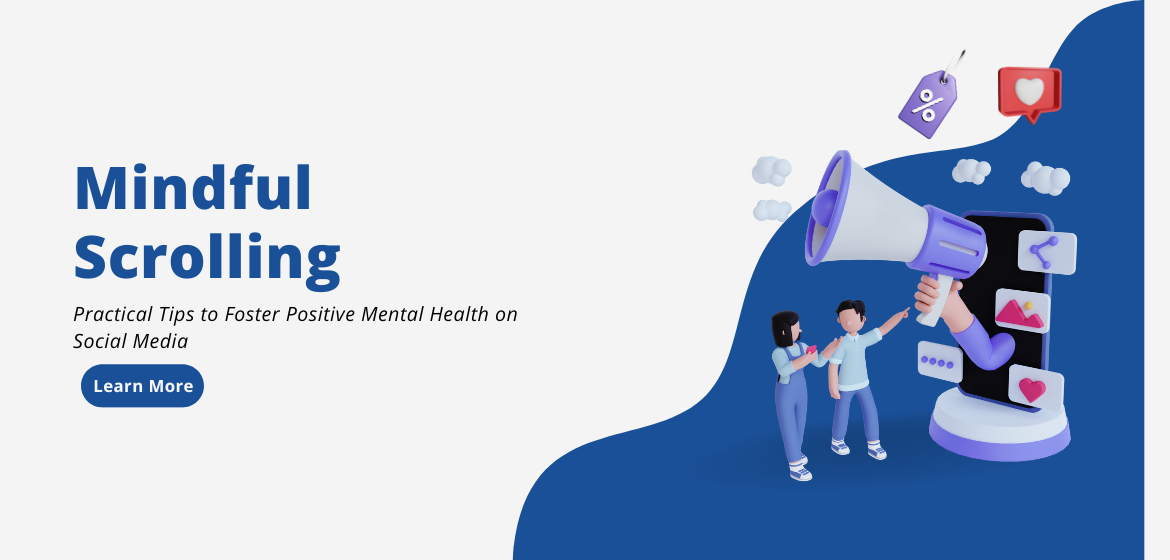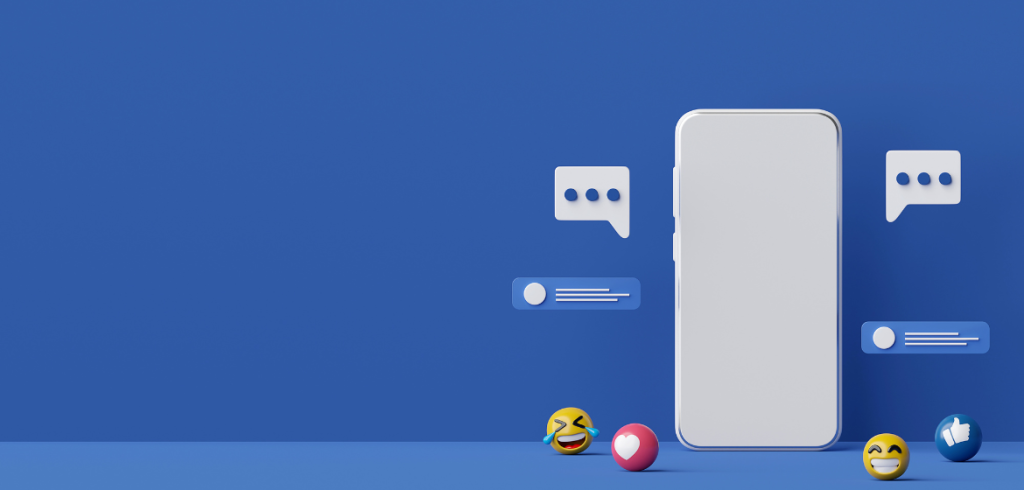
Mindful Scrolling: Practical Tips to Foster Positive Mental Health on Social Media
In the age of digital connectivity, social media has become an integral part of our daily lives, the first thing people do when they wake is check their phone and for many, it is a must-have in their lives.
However, the pervasive nature of social media can sometimes lead to adverse effects on mental health if not managed mindfully. In this article, Danny O’Brien, digital marketing manager here at ICHAS explores practical advice to help individuals regulate their time on social media and safeguard their mental well-being.
The Growth and the Impact of Social Media on Our Mental Wellbeing
For some it was Bebo for others it might have been MySpace but in the last 20 or so years social media has become an integral part of our daily lives. What has started to become apparent though is that it can also have a negative impact. There have also been numerous documentaries released on how social media has impacted individuals and society as well.
So, what steps can people take to help manage their social media consumption to make sure it doesn’t impact their mental well-being?
Steps To Help Manage Your Consumption
Set Boundaries and Prioritise Self-Care
The first step in managing your time on social media for better mental health is to establish clear boundaries. Define specific periods during the day for social media use and adhere to these limits rigorously. For example, a good start can be to avoid going on your phone for the first hour of the day.
Another thing you can do is consider creating a technology-free zone in your home or designating specific times, for example during meals. You can make it a game too by getting everyone to put their phones in a pile in the middle so that people don’t reach for the phone and doom scroll. This not only allows for moments of digital detox but also fosters a healthier relationship with technology.
Turn Off Non-Essential Notifications
Constant notifications can contribute to stress and interrupt your focus. Take control of your experience by turning off non-essential notifications. This simple step not only reduces distractions but also allows you to engage with social media on your terms, preventing the feeling of being constantly on call. A further step could be to turn off all notifications. If unsure of this ask yourself the question “is this notification so important I have to answer it right now?”. If not then switch it off.

By silencing unnecessary alerts, you create a more intentional and less intrusive online environment, allowing you to check online when you are mentally prepared to do so.
Practice Mindful Consumption
As mentioned before focus on what content you consume. Mindful consumption involves being conscious of the content you engage with on social media. Take a proactive approach to curating your feed by unfollowing accounts that contribute negatively to your mental health. Surround yourself with content that inspires, educates, and uplifts or can be simply humorous.

Regularly assess your emotional response to content online. If you find certain topics or types of posts triggering negative emotions, consider limiting your exposure or muting keywords to create a more positive online experience.
Connect Offline
While social media facilitates online connections, it’s crucial to balance this with real-life interactions. Nurture your relationships offline by spending quality time with friends and family. Head out for the evening and set yourself a goal of avoiding looking at your phone. Face-to-face interactions contribute significantly to positive mental health, fostering a sense of connection and support.
Managing your time on social media with a focus on mental health involves intentional and mindful choices. By setting boundaries, turning off non-essential notifications, practicing mindful consumption, and connecting offline, individuals can cultivate a positive online experience that enhances their overall well-being.
Remember, the key is not to eliminate social media from your life but to use it as a tool for connection and information while safeguarding your mental health. By incorporating these practices into your daily routine, you can enjoy the benefits of these networks without compromising your well-being.






















